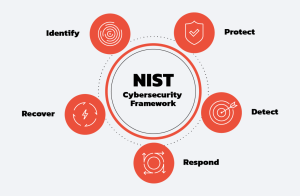Former NSA contractor,
Edward Snowden has revealed the top secret documents related to Canada’s ambition to become a major player in the world of electronic spying.
Canadian Broadcasting Corporation and The Intercept have published files which show that Canuck intelligence has developed its own technology to keep government servers secure. The EONBLUE system uses a mix of malware signatures and heuristics to identify network threats and maintain communications security.

However the documents have also presented disclosures about the Canadians’ capability to disable, control or destroy an enemy’s internet-connected infrastructure using software tools. Furthermore the Communications Security Establishment (CSE) reported that it has the ability to carry out “false flag” activities, making attacks look like someone else is accountable in “creating unrest.”
The documents have also revealed that the NSA and its northern counterpart “cooperate closely” in “computer network access and exploitation” of certain international targets. According to one document, in April 2013, NSA targets are located in the Middle East, North Africa, Europe and Mexico, in addition to unnamed countries probably connected to the two agencies’ counterterrorism goals.
An April 2013 memo [PDF] describes that how the CSE and NSA have been formally working together since 1949, and in 1986 signed an “Information Assurance” (IA) agreement with the US on intelligence operations.
“Cooperation efforts include the exchange of liaison officers and integrates, joint projects, shared activities and a strong desire for closer collaboration in the area of cyber defense,” the document reads. “Since Canada has a limited ability to produce cryptographic devices, it is a large consumer of US IA products.”
Another document, a 2011 presentation by a CSE analyst, summarizes a broad array of Canadian cyber-spy capabilities. According to the CBC, most of these schemes are designed for hacking operations including: “destroying infrastructure, which could include electricity, transportation or banking systems; disrupting online traffic by such techniques as deleting emails, freezing internet connections, blocking websites and redirecting wire money transfers.”
























